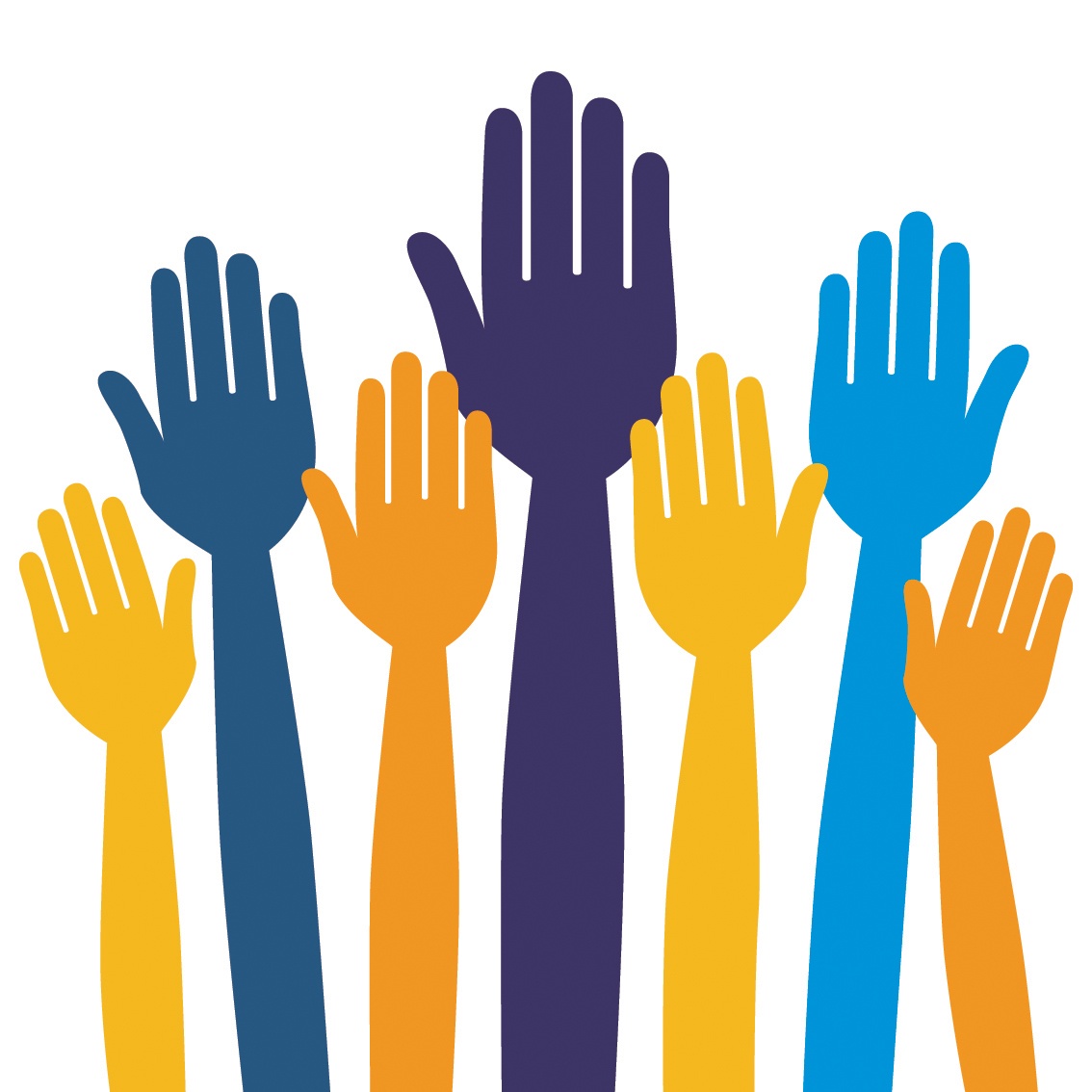By: Dr. Jonas Nguh
We see people volunteering all the time. Whether they’re visiting the elderly, delivering meals, stuffing envelopes and more. It’s obvious that volunteering helps an individual, group or organization. But let’s face it—volunteering also helps volunteers themselves. When asked the question “Why do you volunteer?” Many people refer to the old adage, “Doing good is its own reward”. Many state the main reason they volunteer is because it makes them feel good. They speak of giving back for all the blessings they’ve been given in life. Some volunteer because they are able to, and they want to help people less able. Others speak of paying it forward—doing good things so that if they are in need, someone might help them. Other more insightful and philosophical reasons are: giving hope and inspiration to those in need; showing people that there are others who care about them; and showing that there can be something good that comes out of an unfortunate situation.
While these are valid and practical reasons, they do not go far enough. The process of volunteering itself enables the individual to gain experience that they may not get elsewhere, such as building their confidence and self-esteem. Two innate qualities that motivate someone to volunteer are — an attitude to learn and experience new things, and a willingness to share one’s experiences and knowledge. Volunteering gives you a lot in return. It is all about the joy of making a difference on the one side, while receiving immense value on the other from the experience of volunteering, meeting people and learning something new.
My passion for volunteering rose out of my deep interest in networking and interacting with others to solve problems. I wanted to collaborate with peers and thus develop my sphere of influence over a period of time. From my own experience, I must say that the success of volunteering is directly proportional to the time spent on improving upon the lessons learnt. I started my volunteering journey through affiliation with local professional networks . This gave me the opportunity to meet my peers, who are involved in addressing common issues and moving an agenda forward. I also learnt that the route to learning is to listen and absorb rather than talk and convey one’s viewpoints. From these network associations, I learned about and acquired Fellow status in various professional associations that would help catapult my career and increase my professional visibility and credibility; Fellow of the American College of Healthcare Executives (ACHE), Distinguished Scholar & Fellow of the National Academies of Practice (FNAP), Nurse Executive- Advanced, Board Certified (ANCC).
This brings to mind the words of Gandhiji who said “The best way to find yourself is to lose yourself in the service of others.” There are many wonderful things that will never be done if you do not do them, and volunteering for me, is one such thing. Volunteering has helped me gain sound technical knowledge of relevant issues, helped me perfect my soft skills, gain confidence and credibility to make a good professional impact. Volunteering offered me the opportunity to extend my knowledgebase, to influence the direction of an organization/project, to network with other professionals & business leaders, and, perhaps most important, to have an impact on the next generation. Volunteering, be it to serve a term on a board/council, write an article or a chapter for a textbook, be a presenter or speaker at an industry meeting naturally requires additional time from one’s already busy schedule. For me, though, the benefits from doing so have outweighed the efforts in that it increased my awareness of professional matters as well as being a great way to network with my peers.
I joined the Education Committee of the National Blood Clot Alliance, out of a desire to improve education on this topic and a desire to develop relationships outside of my own organization. Having always had a passion for patient education, volunteering for the Education Committee enabled me to indulge that passion and brought me in contact with many other healthcare professionals many of whom are top leaders in the profession. Volunteering to me is a great way to stay current, improve my skills, expand tool sets, and gain exposure to “a broader set of topics than one may get in their current job.” .
Today, more than 20 years later, when asked the reason I initially decided to volunteer and why I continue to do so, my reasons have expanded to include the following:
Travel opportunities
Sheer enjoyment of the work
Joy of working with a Group of talented professionals.
Maintain relationships and making new friends
Networking opportunities
Keeping up with practice
Giving back to the profession
Making a difference in the education of future healthcare professionals
Years after initially volunteering, I find that the need to make a difference still matters, but it is the joy of the work and, especially, the people we meet that sustain us in our volunteer efforts. Many of the individuals that I have had the pleasure of serving with are exceptionally talented people. They care deeply about their work, and they challenge me to be my best. I have volunteered for multiple organizations, and the people I’ve met are some of the most dedicated individuals it has ever been my pleasure to know. Volunteers are individuals who have found a passion, a purpose, in their volunteer work. Through their work, they derive a sense of well-being or personal satisfaction. In short, they have found their bliss. So let me ask you. What is your passion? What is your bliss? How will you affect the lives of future generations? Whatever it is, volunteer or support it in whatever way you are able. You’ll be glad you did.
What You Gain
Leadership skills, such as agenda planning, delegating, strategic planning, decision making, and managing virtual teams
Collaboration and communication skills, such as brainstorming, negotiating, and developing presentations
Competitive advantage, by working on key issues facing the profession
Important connections, through professional networking
Direct, hands-on experience, in a controlled, supportive environment
Continuing Professional Development (CPD) credit for certain volunteer activities



